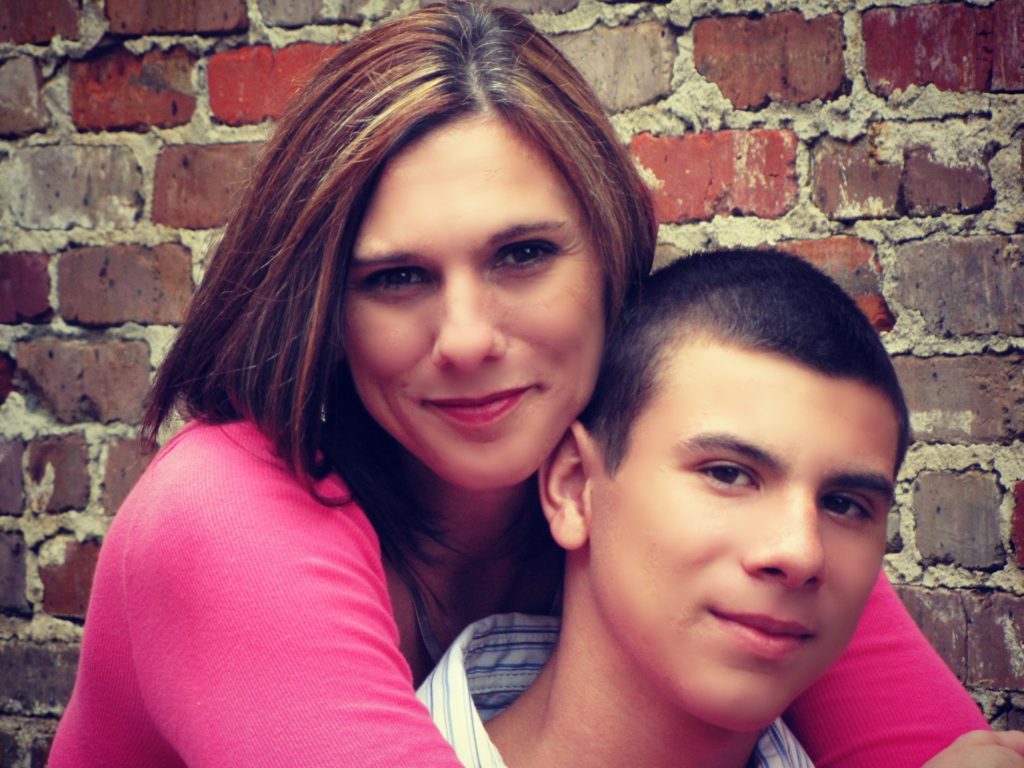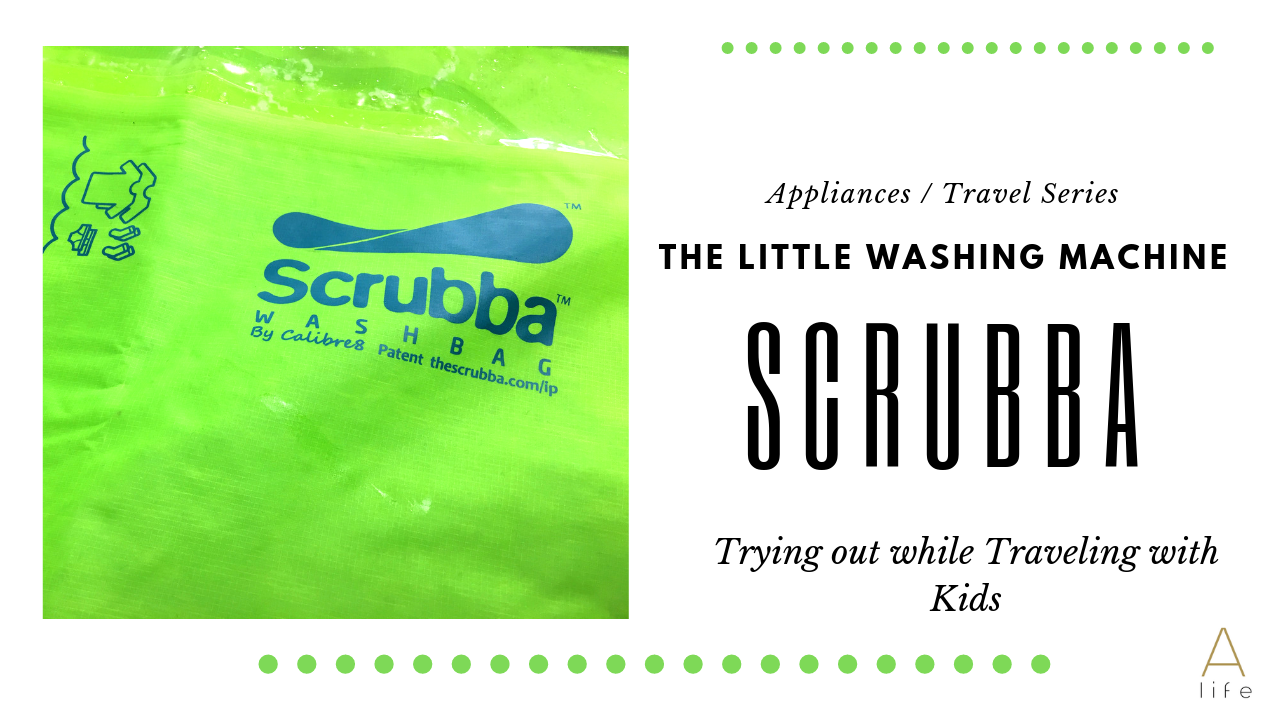There is an epidemic of mental health issues among modern teens, and parents are often unsure about what to do.
How can you help a troubled teen? How do you identify a mental health issue as distinct from normal, healthy teenage “growing pains”? How can you get help for your teen?
It all starts with taking the time to build a connection.

What do you mean by building a connection?
Whenever anyone gets help, that help almost always comes from someone they know well. Building a connection means knowing your teen well, but it also means letting your teen know you. Young children love their caregivers instinctively. Teens still love their parents, but they now need a deeper relationship.
Teens need to see a little vulnerability in their mom and/or dad. This doesn’t mean your 14-year-old should be the person whose shoulder you cry on when you’ve had a hard day at work — teens are still emotionally immature. What it does mean is that they need to see that you trust them with real things about you. This gives them the confidence to trust you with their real things, too.
How does building a connection help?
First, you may be able to help your teen avoid serious mental health issues entirely. Many of these issues arise because teens feel out of place, alone, and unsure of who they are as they make the important transition from childhood into the adult world. If you have a good connection, you’re poised to help them navigate these difficult waters.
For some, depression and other conditions may be unavoidable. In that case, having a good connection with your teen means that you’re able to identify warning signs and intervene before a problem becomes a crisis.
Some people struggling with serious mental health issues are reluctant to get help, and teens are no exception. Here again, having a connection gives you a stronger platform to speak into their lives and encourage them to enter programs for troubled teens or seek other kinds of help.

Be Affirming
Your teen may be going through a period where he or she seems to care far more what peers think than what you think.
This is a normal time in a teenager’s life, when they work out how to interact with the world on their own. It would be a mistake, however, to think that you aren’t your teen’s biggest cheerleader.
Your words mean more than you know.
Be Honest
Your teen will not trust you if you show no signs of trusting them. When our children are young, we often hide some of the ugly realities of the world from them.
We don’t tell them the real reasons we’re angry or sad, and we soothe them with platitudes. Teens have outgrown that need, and what they need now is for you to help them face reality. Do that by showing them how you face it: both in your failures and your successes.

Be Loving
People who suffer from depression or other mental health issues sometimes deliberately push away those closest to them. Whether they fully realize it or not, one reason for this push is a desire to test trust. They want to know if that person will really be there for them, or if they will lose everything and be left utterly alone (which is what their own fears are telling them). Those fears are irrational, but you should show them, unconditional love, no matter what.
You don’t need to give them every answer for life. Teens need to figure out a lot of the answers on their own anyway. But you can be a haven where your teen will always find safety and help, and that’s often what they need.
Images Pixabay




